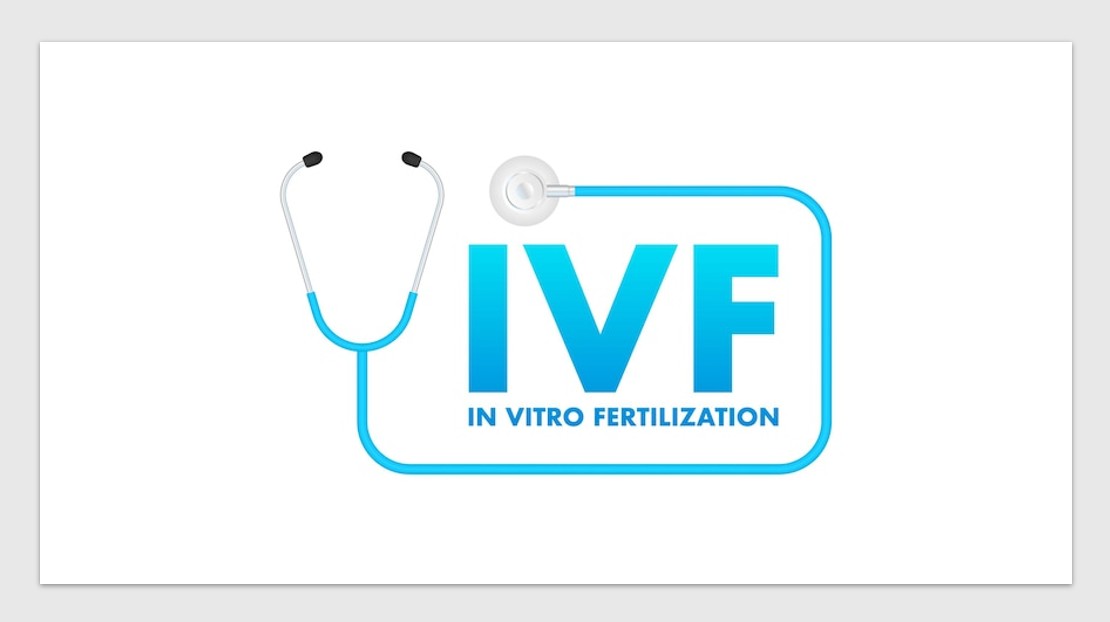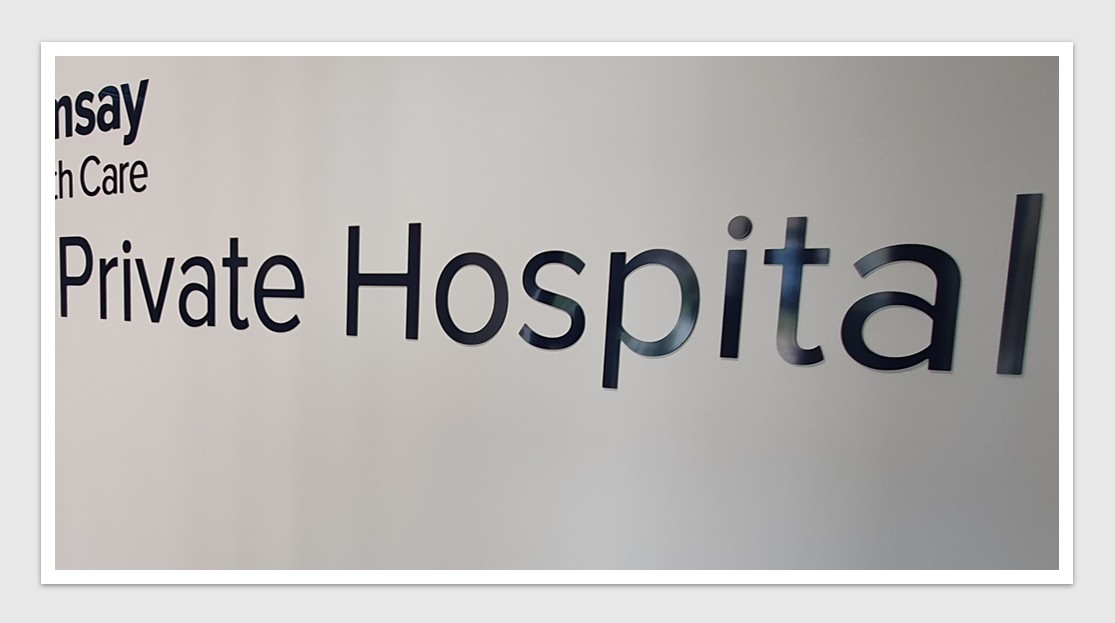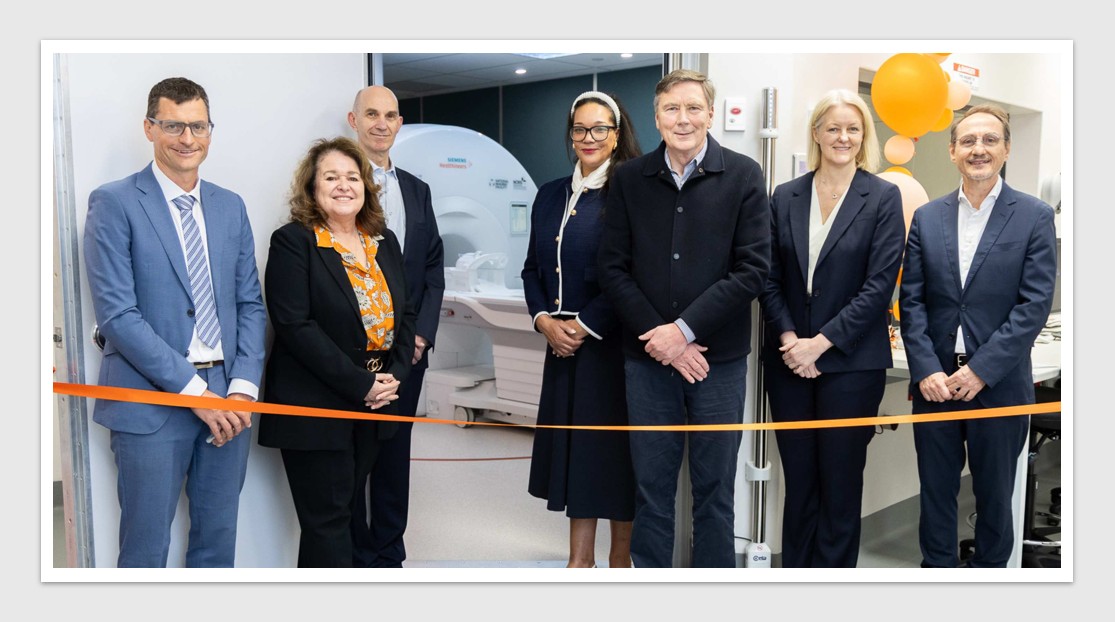News - MedTech & Diagnostics
Public and private hospital funding dominate Health Ministers’ agenda

Health Ministers convened on 12 September to address health system reform priorities, including the National Health Reform Agreement (NHRA), the viability of private hospitals, and the future regulation of the assistive reproductive technology (ART) sector.
Federal Minister for Health, Aged Care, and Disability, Mark Butler MP, described the discussions as “productive”. Central to the talks were negotiations on the new multi-year NHRA and associated disability reforms, as agreed by National Cabinet in December 2023. The revised framework is expected to reflect recommendations from the NHRA Mid-term Review.
The Federal Government has placed $20 billion on the table for public hospitals, but Minister Butler cautioned that “a long way to go with negotiations” remains. Funding discussions are intertwined with NDIS reform, endorsed in principle by state governments but yet to receive full jurisdictional backing.
Beyond public hospital funding, the Health Ministers were briefed on the Commonwealth’s work with the private health sector to secure both short-term and structural reforms that could stabilise the struggling sector.
Despite being billed as a key platform for reform, the Private Health CEO Forum has remained largely silent in the public domain. Its Department of Health webpage has shown no updates since the group’s inception late last year, with all discussions and documents kept under the veil of committee-in-confidence. The Forum has so far met four times; on 13 December 2024, 7 March 2025, 26 June 2025, and most recently, 5 September 2025.
Among the proposals raised, Catholic Health Australia has urged for private health insurers to be required to pay a minimum benefit for private hospital services at a “National Private Price” (NPP). Yet the idea has stirred opposition from major stakeholders, including Ramsay Health Care, who argue the measure would do little to improve margins across the sector.
APRA’s latest data highlights the challenge: for 2024–25, the benefits ratio paid by health insurers to private hospitals sits at 84.25%, below the 88% benchmark and continuing a five-year shortfall. The annual ratio was 84.05% in 2023–24 and 81.63% in 2022–23.
While the private hospitals generated $24.128 billion in direct economic activity last year – up $539 million from the previous year – operating costs outpaced revenue, climbing by $921 million to $24.164 billion. The result was a sector-wide loss of $34 million in 2023–24. The entrenched gap between insurer payments and care delivery costs, averaging more than $1 billion annually, persists in 2024–25.
The Australian Private Hospitals Association (APHA) CEO Brett Heffernan warned, “That is not sustainable. The real test for Minister Butler’s March ultimatum to health insurers to lift the benefits ratio will come in the next, and subsequent, quarterly results. The Minister’s recognition that the ratio needs to go up further and be more consistent across insurers, is welcome. How that is to be achieved is unclear.”
![]() In reimagining healthcare across the entire patient journey, Health Industry HubTM is the only one-stop-hub uniting the diversity of the Pharma, MedTech, Diagnostics & Biotech sectors to inspire meaningful change.
In reimagining healthcare across the entire patient journey, Health Industry HubTM is the only one-stop-hub uniting the diversity of the Pharma, MedTech, Diagnostics & Biotech sectors to inspire meaningful change.
The Health Industry HubTM content is copyright protected. Access is available under individual user licenses. Please click here to subscribe and visit T&Cs here.
News - Pharmaceuticals

IVF sector faces new era of oversight
Australia’s fertility sector faces a regulatory shake-up, as Health Ministers handed down the future of assisted reproductive technologies (ART) oversight […]
MoreNews - MedTech & Diagnostics

Government’s premium surgery risks leaving patients with the bill
The federal government is reshaping how private health insurance premiums are determined, a move designed to give private hospitals greater […]
MoreNews - MedTech & Diagnostics

Public and private hospital funding dominate Health Ministers’ agenda
Health Ministers convened on 12 September to address health system reform priorities, including the National Health Reform Agreement (NHRA), the […]
MoreNews - MedTech & Diagnostics

Siemens unveils ‘most powerful scanner’ with new partnership
A multi-million partnership with Siemens Healthineers has established New South Wales’ most advanced magnetic resonance imaging (MRI) scanner. Through a […]
More